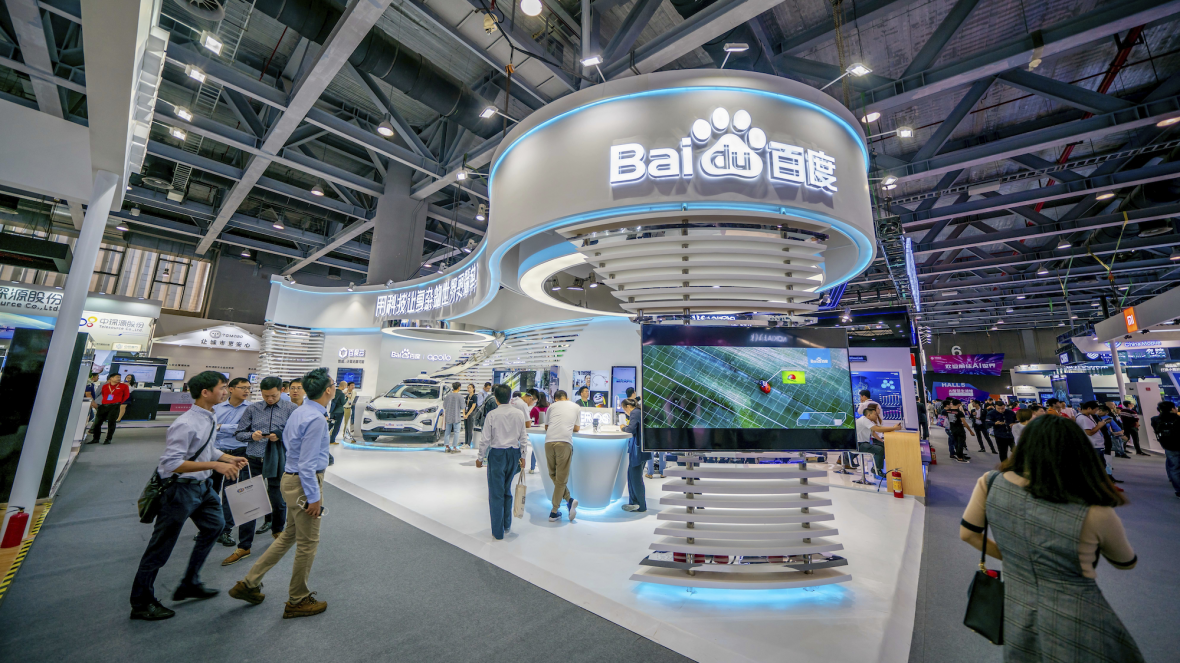by Karen Hao
 Baidu, Alibaba, and Tencent, the three Chinese tech giants loosely equivalent to Google, Amazon, and Facebook, are not just developing and deploying AI themselves. Their deep pockets have also funded a broad range of AI companies, focused on everything from smart cities to finance to education.
Baidu, Alibaba, and Tencent, the three Chinese tech giants loosely equivalent to Google, Amazon, and Facebook, are not just developing and deploying AI themselves. Their deep pockets have also funded a broad range of AI companies, focused on everything from smart cities to finance to education.
Last week, Chinese media outlet Huxiu.com published a graphic that illustrates the full extent of their involvement across China’s AI industry. (The graphic is quite complicated, so I translated it into three bar charts below. Here is also an English translation of the article it originated in, courtesy of Jeffrey Ding, who writes the ChinAI newsletter.) It revealed that BAT invests in 53% of the nation’s 190 major AI companies. This may not surprise those of you who closely follow China’s AI ecosystem. But it’s quite a different topology for those more familiar with Silicon Valley’s.
Looked at one way, the landscape shows how intensely these companies are striving to outdo one another. While each has a main area of expertise—Alibaba in e-commerce, Tencent in social networking, and Baidu in search and information indexing—they are also challenging one another head-on across dozens of industries.
Looked at another way, the scale of BAT’s involvement shows just how integral the three companies are to China’s bid to be a global leader in AI by 2030. Their expertise and funding set the direction and pace of the technology’s development, but their weaknesses also help determine how likely China is to realize its ambitions.
As the graphic highlights, BAT’s investments have promoted a top-heavy AI industry: lots of companies dedicated to AI applications with far fewer dedicated to developing the technologies that underpin it, including the algorithms and advanced silicon chips behind the breakthroughs in machine vision, natural-language processing, and other AI capabilities.
Experts have warned about this top-heaviness before. China’s astronomical rise in AI leadership is currently buoyed by its abundance of data and lax views on privacy. In the short term, both those conditions make it fertile ground for highly profitable machine-learning applications. But the country still lags behind the US in its efforts to expand existing AI capabilities through fundamental research. In the long term, that could place a ceiling on how much China will continue to benefit from the AI revolution.
No comments:
Post a Comment